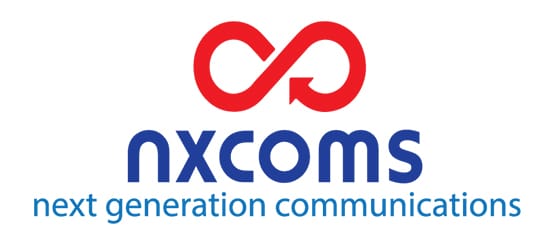More and more companies are adopting flexible work conditions, allowing for employees to work both at the office and remotely.
If your company is transitioning to flexible work, or considering the transition, there are some things you can do to make tasks more efficient no matter where the work is being completed.
What are the benefits of flexible working?
Flexible working gives employees the opportunity to either work in the office with their colleagues or work from anywhere. This in itself is a huge benefit, but there are other benefits as well.
According to the Gartner 2021 Digital Worker Experience Survey, 43% of respondents report that having flexibility in working hours helped them achieve greater productivity. 30% said that less or no time spent commuting to work enabled them to be more productive. This is a win-win for both the employer and employee!
How can I make flexible work tasks more efficient?
When making the adjustment to allow your employees to choose their work environment, you should also take into account the technology to be used. Your employees will be depending on you for a reliable internet connection, telecommunications setup, and more.
Luckily, there are a few solutions you can implement to fulfill their work needs.
1. Dedicated fibre optic lines
When employees are switching between completing work tasks, logging onto yet another Zoom meeting (it seems those are here to stay), writing emails, working on documents, files, etc., they’ll need a high-speed, reliable internet connection.
Standard broadband just isn’t fast enough for these tasks.
With a broadband connection, you are using shared infrastructure to transmit data. One common challenge many employees face when working remotely is having to share bandwidth with others also working remotely in the household, delaying internet speed.
With a fibre optic leased line, the pipeline will only belong to your organisation and the travelling data will not compete with anyone else’s. The data will be able to get to its destination faster and more securely with a direct connection from home to your business premises.
2. Hosted phone system
If an employee chooses to work remotely for a day, they will most likely not want to lug their desk phone back and forth between locations — which is why a hosted phone system will greatly benefit your business.
A hosted VoIP (Voice over Internet Protocol) enables workers to use their office phone extension anywhere, either with a physical phone or via a mobile app. This way, your staff won’t be missing out on phone calls and they can also work smarter, faster and more productively.
3. Hosted desktop
Transporting a work computer to and from the office just isn’t efficient for your staff and can become quite annoying. Switching to a hosted desktop allows your team to run a Microsoft Windows PC in the cloud. They will be able to securely access the desktop via the internet from anywhere at any time.
Making the switch to flexible working conditions?
At Nxcoms, we want to make your technology transition as seamless as possible. Give us a call on 0161 711 1100 or email us at info@nxcoms.co.uk. Together, we can find the right tech solutions for your organisation.
Key takeaways:
- With a fibre optic leased line, the pipeline will only belong to your organisation and the travelling data will not compete with anyone else’s.
- A hosted VoIP system enables workers to use their office phone extension anywhere.
- Switching to a hosted desktop allows your team to run a Microsoft Windows PC in the cloud.

